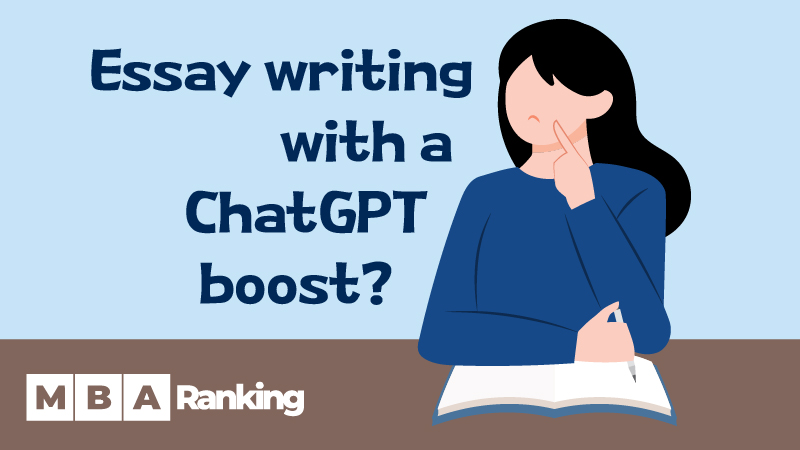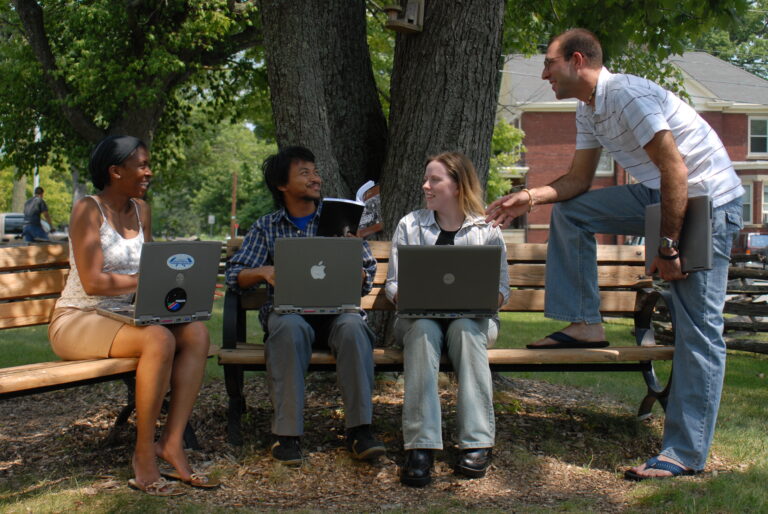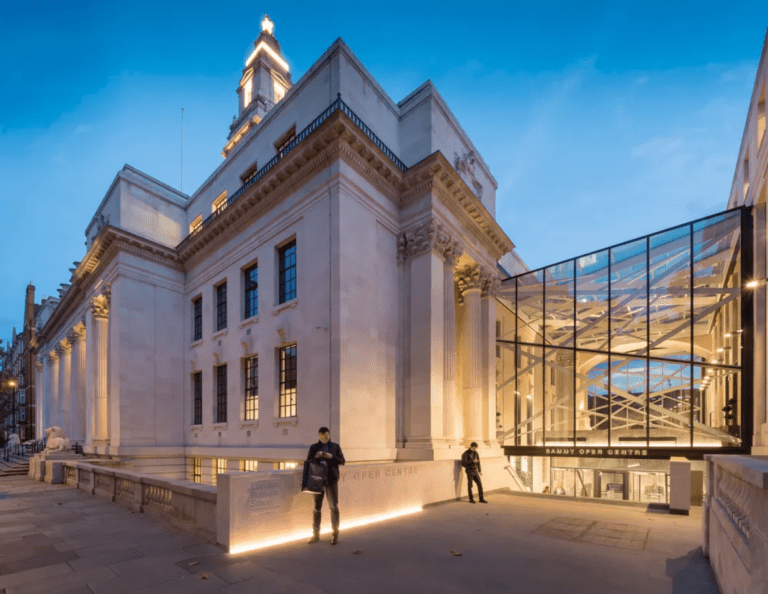How does ChatGPT Impact MBA Applicants?

ChatGPT has been widely spoken as a tool for MBA applicants from building essay to interview preparations. Here are some tips that one can leverage ChatGPT for smooth processing of MBA applications.
- Application Guidance: MBA applicants can use ChatGPT to seek guidance and advice on various aspects of the application process. They can ask questions about selecting the right schools, crafting a compelling personal statement, preparing for interviews, and obtaining recommendation letters. ChatGPT can provide general information and suggestions based on its training data, but it’s important to note that it may not have the most up-to-date information specific to the current application cycle.
- Essay Writing Support: Writing strong essays is crucial for MBA applications. ChatGPT can help applicants brainstorm ideas, structure their essays, and provide feedback on their writing. However, it’s essential to remember that ChatGPT is an AI language model and should be used as a tool for inspiration and guidance. Applicants should always maintain their own voice, critical thinking, and ensure their essays are unique and authentic.
- Interview Preparation: ChatGPT can assist applicants in preparing for MBA interviews by providing common interview questions, offering suggestions on how to structure responses, and simulating interview scenarios. Practicing with ChatGPT can help applicants refine their answers and gain confidence in articulating their thoughts effectively.
- Knowledge and Research: ChatGPT can provide information about various business schools, their programs, faculty, rankings, and other relevant details. It can assist applicants in conducting preliminary research to gather insights about different schools and make informed decisions.
- Language Improvement: Engaging in conversations with ChatGPT can enhance an applicant’s written communication skills and proficiency in expressing complex ideas. Regular interactions with the language model can help applicants refine their grammar, vocabulary, and sentence structure.
However, it’s important to note that while ChatGPT can provide valuable support and guidance, it should not replace human interaction and expertise. MBA applicants should still seek advice from mentors, current students, admissions consultants, and other reliable sources to ensure they receive comprehensive and up-to-date information tailored to their specific circumstances.
How AI can help you find the perfect school?
Then, one may wonder how AI can assist in finding the perfect school. Below are possible options that any data scientist can think of.
- Personalized Recommendations: AI algorithms can analyze a wide range of data, including a student’s academic background, preferences, and goals, to provide personalized recommendations for suitable schools. By considering factors such as location, program offerings, faculty expertise, extracurricular activities, and alumni network, AI can suggest institutions that align with a student’s interests and aspirations.
- Data-driven Decision Making: AI can process vast amounts of information and perform sophisticated analysis to help students make more informed decisions. It can aggregate and analyze data on factors such as school rankings, student outcomes, career prospects, and student satisfaction to provide insights and comparisons between different schools. This data-driven approach can assist students in evaluating the strengths and weaknesses of various institutions.
- Access to Information: AI-powered platforms and tools can provide students with easy access to comprehensive information about schools. These platforms can aggregate data from multiple sources, including official websites, student forums, and databases, to create a centralized repository of information. Students can explore details about admission requirements, curriculum, campus facilities, financial aid options, and more, enabling them to make well-informed choices.
- Virtual Campus Tours: AI technologies, such as virtual reality (VR) and augmented reality (AR), can offer virtual campus tours, allowing students to explore campuses remotely. Through immersive experiences, students can virtually visit classrooms, libraries, dormitories, and other campus facilities, gaining a better sense of the campus environment and helping them assess if it’s a good fit for their needs.
- Natural Language Processing: AI-powered chatbots or virtual assistants can engage in natural language conversations with students, answering their queries about schools, programs, admission processes, and other relevant information. These chatbots can provide instant responses, offer personalized guidance, and direct students to relevant resources, enhancing the accessibility of information.
It’s important to note that while AI can provide valuable assistance in the school selection process, it should be used as a complement to human expertise and judgment. Students should also seek advice from mentors, teachers, and college counselors to ensure they receive personalized guidance based on their unique circumstances and goals.
Should students use ChatGPT when writing MBA essays?
While ChatGPT can provide some assistance and inspiration when writing MBA essays, it’s important to approach its usage with caution. Here are a few considerations:
- Originality and Authenticity: MBA essays are an opportunity for applicants to showcase their unique experiences, perspectives, and aspirations. It’s essential to maintain your own voice and ensure that your essays reflect your personal journey and goals. Relying too heavily on ChatGPT or any AI language model can result in generic or impersonal essays that fail to highlight your individuality.
- Plagiarism and Ethical Concerns: Copying or directly using content generated by ChatGPT or any other AI language model without proper citation is considered plagiarism and is ethically wrong. Admissions committees have robust mechanisms to detect plagiarism, and it can have severe consequences for your application. It’s crucial to use ChatGPT as a tool for guidance and inspiration while generating original content in your own words.
- Essay Structure and Flow: ChatGPT can help with structuring your essays and providing ideas for organizing your thoughts effectively. It can offer suggestions on introductions, body paragraphs, and conclusions. However, be mindful of relying too heavily on ChatGPT for the entire structure of your essay. Remember that the essay should be coherent and well-organized, showcasing your ability to articulate your ideas.
- Proofreading and Editing: ChatGPT can be useful in identifying grammar and spelling errors, improving sentence structure, and enhancing the overall clarity of your writing. It can serve as a proofreading tool to catch mistakes that you might have overlooked. However, don’t solely rely on ChatGPT for editing. Human proofreading and editing, preferably by someone with expertise in MBA admissions or writing, are crucial to ensure the final quality of your essays.
- Peer Review and Expert Feedback: It’s highly recommended to seek feedback from trusted peers, mentors, or professionals with experience in MBA admissions. They can provide valuable insights, critique, and suggestions to help refine your essays. Combining the guidance from human reviewers with the assistance of ChatGPT can lead to stronger essay outcomes.
In summary, while ChatGPT can offer guidance and assistance during the essay writing process, it’s essential to use it as a tool while maintaining originality, authenticity, and your own voice. Remember that the goal is to present your unique story and perspectives to the admissions committee.







